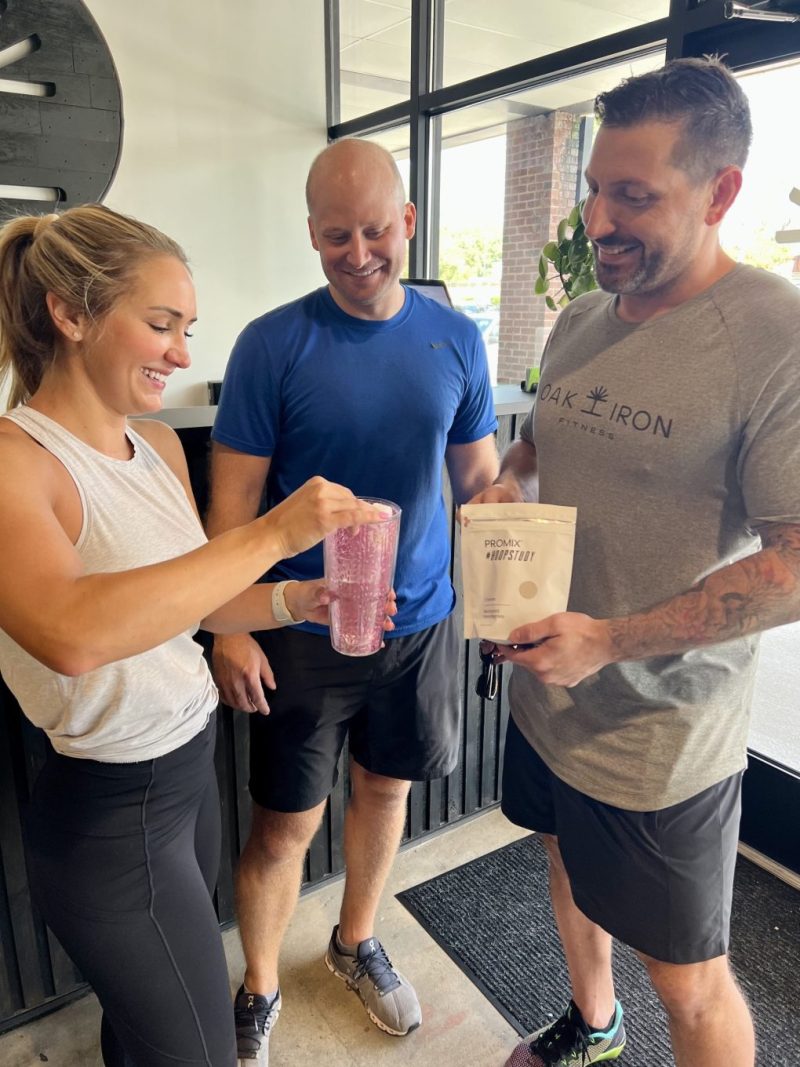
A Comprehensive Guide to Creatine and Its Benefits
by Andrew Barsuhn
Creatine stands as a widely embraced sports supplement, commonly consumed either as a standalone product or in conjunction with other ingredients within pre-workout formulations. Notably, it ranks among the most extensively investigated dietary supplements in the market. Creatine belongs to the category of “amino acids,” which constitute fundamental building blocks of proteins.
Most amino acids work to build and repair many bodily tissues as well as work as enzymes in metabolic reactions, they even make up some hormones. We call these amino acids proteinogenic meaning they are used to create proteins, creatine is non-proteinogenic because it has its own very important job to do in the body. That job is the manufacture of energy!
Creatine helps us generate the high energy molecule adenosine triphosphate or ATP. Under the umbrella of energy metabolism we have several different mechanisms to make ATP, one mechanism known as the phosphagen system is where creatine shines. The purpose of the phosphagen system is to make ATP as fast as possible so this is heavily utilized in the first few seconds when we begin a strenuous activity like lifting weights. The way the system produces ATP is centered around muscular stores of creatine. We are unable to store ATP, instead it exists with one less phosphate molecule as ADP and the extra phosphate is bound to creatine. Therefore, the more creatine available then the more phosphate that is ready to make ATP leading to a huge boost in strength when we need it for moving heavy weights.
Creatine supplementation has been studied for many years and found to be very safe and effective. In addition to the amazing effects creatine has on muscle and strength, a lot of new research is exploring a positive effect on cognitive health. Creatine is prevalent in beef, pork, and several types of fish. Healthy individuals consuming a well-balanced diet intake creatine regularly as well as a large variety of other amino acids, but diet alone is not enough. To make sure your muscles have plenty of creatine available, supplementation with a powdered form like creatine monohydrate is the best way to go.
Daily creatine supplementation, typically at a dosage of three to five grams alongside a meal, is recommended to gradually replenish creatine stores within muscles over several weeks. For those seeking an accelerated approach, it’s possible to safely increase intake for about a week, spreading multiple servings throughout the day to reach a total of 20-30 grams, before returning to the maintenance dose of three to five grams per day. Adequate hydration and a well-balanced diet are essential companions to this supplement.
Creatine is a safe, cost-effective, and proven supplement, especially beneficial for active individuals. Its potential extends beyond enhancing physical strength; emerging research also explores its positive impact on memory, cognitive health, and even alleviating symptoms of depression. With these diverse benefits, creatine deserves the same recognition as essential nutrients like Vitamin C, making it a wise choice for anyone aspiring to lead a healthier life.








